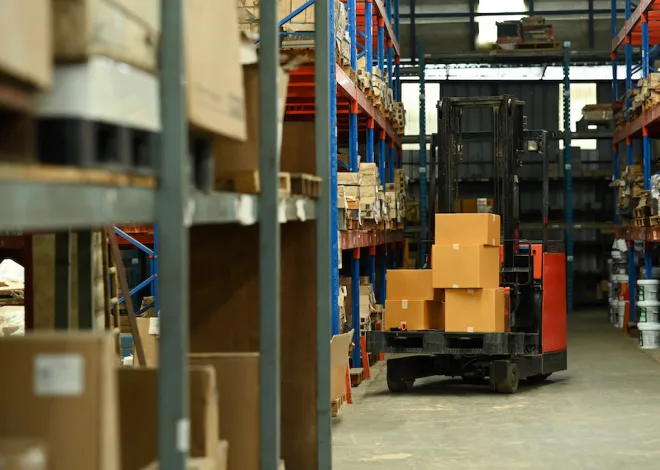
Technology has become a driving force behind the transformation of modern supply chains. In an era marked by rapid advancements in digitalization and automation, supply chain management has evolved to meet new challenges and opportunities. In this article, we will explore the profound impact of technology on contemporary supply chains, from enhancing efficiency to enabling greater visibility and responsiveness.
1. Automation and Robotics: Advancements in automation and robotics have revolutionized supply chain operations. Automated warehouses, autonomous vehicles, and robotic process automation (RPA) have significantly improved efficiency and reduced human error.
2. Internet of Things (IoT): The IoT has enabled real-time tracking and monitoring of goods in transit. Sensors and connected devices provide data on temperature, humidity, location, and more, enhancing supply chain visibility and ensuring product quality.
3. Big Data and Analytics: Big data analytics tools process vast amounts of data to generate actionable insights. Predictive analytics and machine learning algorithms help optimize inventory management, demand forecasting, and supply chain decision-making.
4. Blockchain Technology: Blockchain is transforming supply chain transparency and security. It enables end-to-end traceability of products, reducing fraud and ensuring the authenticity of goods.
5. Artificial Intelligence (AI): AI is being used for demand forecasting, route optimization, and predictive maintenance. Chatbots and virtual assistants also enhance customer service and communication within supply chains.
6. Cloud Computing: Cloud-based supply chain management systems provide scalability, accessibility, and collaboration capabilities. They allow stakeholders to access critical data and collaborate from anywhere in the world.
7. 3D Printing (Additive Manufacturing): 3D printing technology is revolutionizing supply chains by enabling on-demand production, reducing lead times, and minimizing waste.
8. E-commerce and Digital Marketplaces: E-commerce platforms and digital marketplaces have disrupted traditional supply chain models, allowing for direct-to-consumer sales and more agile distribution.
9. Supply Chain Visibility Platforms: Supply chain visibility platforms offer real-time insights into inventory levels, order status, and shipment tracking, improving responsiveness and reducing stockouts.
10. Sustainability Solutions: Technology plays a pivotal role in achieving sustainable supply chains. From energy-efficient transportation solutions to carbon footprint tracking, technology helps reduce environmental impact.
Technology has reshaped the landscape of supply chain management, making it more efficient, agile, and responsive. Embracing these technological advancements is crucial for organizations seeking to remain competitive in a rapidly evolving global marketplace. As technology continues to evolve, supply chains will likely become even more interconnected, transparent, and efficient, offering new opportunities for growth and sustainability.
Thank you for connecting with us. We are happy to hear from you. We’ll be in touch soon to schedule a time to understand your goals and present how the Symphony Logistics solutions optimises the business for every enterprise.